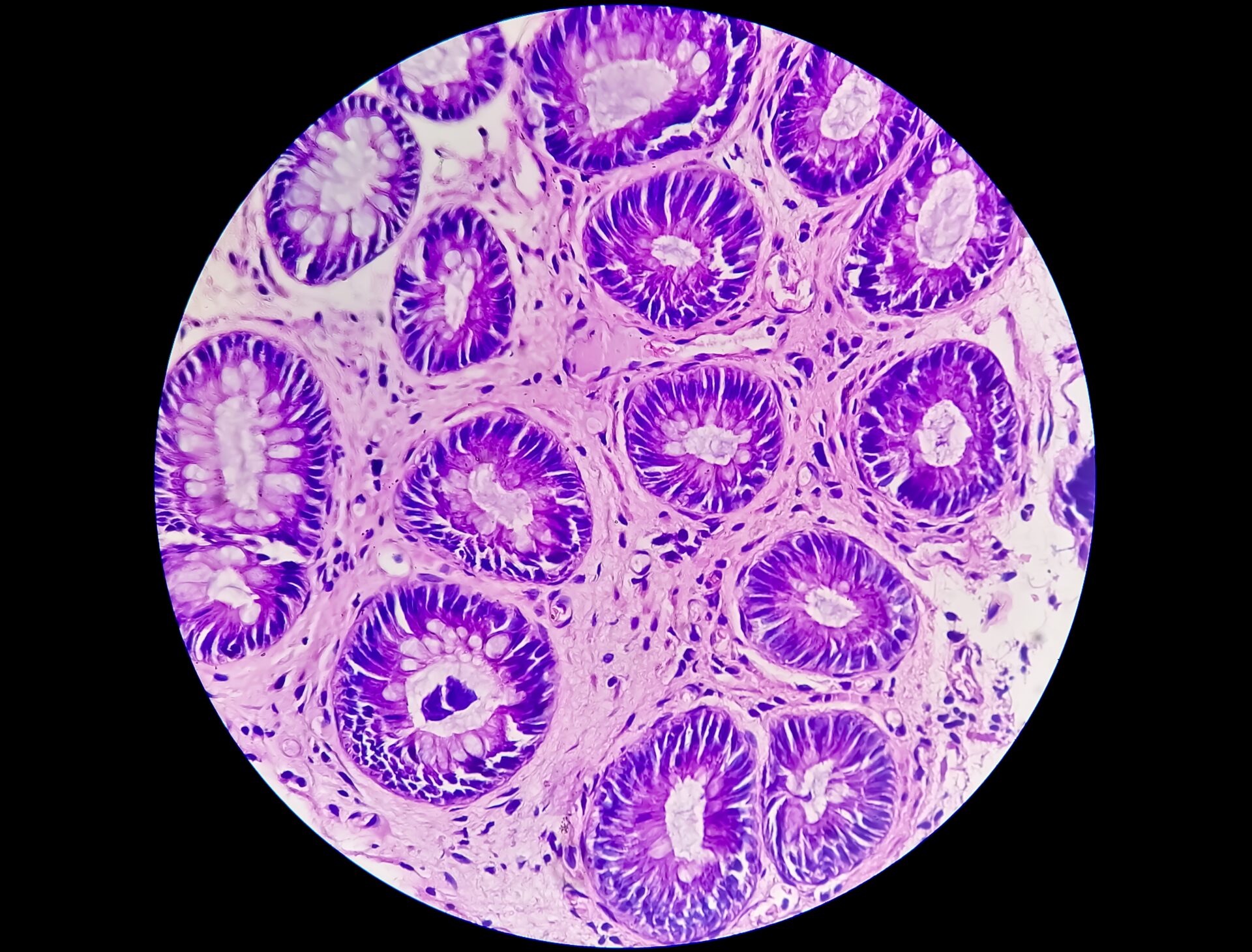Cure vs. toxicity: Quantifying preferences for non-surgical management of rectal cancer using a discrete choice experiment

- Date
- Thursday 26 October 2023, 11am - 12noon
- Location
- LIDA room 11.87, Worsley Building / online MS Teams
Background:
There is clinical interest in non-surgical management of rectal cancer using higher radiation doses, entailing a trade-offs between increased chance of cure and increased toxicity risk. No previous study has quantified patient preferences for cure/toxicity trade-off or other treatment attributes.
Aim: Measuring patient preferences for non-surgical management of rectal cancer using a discrete choice experiment (DCE).
Methods: The DCE was developed with qualitative input and had a Bayesian D-efficient design. Attributes were: treatment length (4/5/6 weeks); chance of being cancer-free two years post-treatment (50/55/60%); side effect risks during treatment (25/30/35%) and two years post-treatment (5/10/20%); and support available (usual GP/dedicated nurse). The survey was administered to UK rectal cancer patients. Latent class models with one-four classes were estimated, and the preferred model selected based on the Bayesian Information Criterion (BIC).
Results:
There were 47 participants, 38.3% of whom were female. Their mean age was 66.7 (range 41-82 years). The two-class model had the lowest BIC and was preferred. The first class (71.0% membership probability) had no significant preferences for treatment length/support, but coefficients for being cancer free and side effects were significant at the 5% level. Long-term side effects were more important than short-term: For every 1 percentage-point (pp) increase in chance of being cancer free after two years, participants would accept an extra 4.87pp risk of short-term side effects, but only a 1.56pp increase for long-term. In the second class (29.0% membership probability), the odds ratio of choosing a treatment plan with dedicated nurse support over usual GP was 1.75. No other coefficients were significant.
Conclusions:
Most participants were prepared to accept extra toxicity risks in exchange for a better chance of cure, showing that most would accept higher radiation dose treatments. Participants were more concerned about long-term than short-term side effects. Informing patient decision-making at the time of choosing treatment thus requires follow-up data on long-term toxicity. For some patients, the care-toxicity trade-off was unimportant compared to dedicated support. This heterogeneity of opinion highlights the need to involve rectal cancer patients in treatment decision-making. The results will aid clinical practice to better align with patient preferences.
Bio:
Dr Edward Webb is a Senior Research Fellow at the Academic Unit of Health Economics. He has worked there since graduating with a PhD in economics from the University of Copenhagen in 2016. His research focuses primarily on preferences and decision-making, both for patients as well as health professionals and other stakeholders, as well as how we value health. He has also conducted research on how having a long-term health condition, or caring for someone with a long-term health condition, can affect labour market outcomes, finances, and wellbeing.
